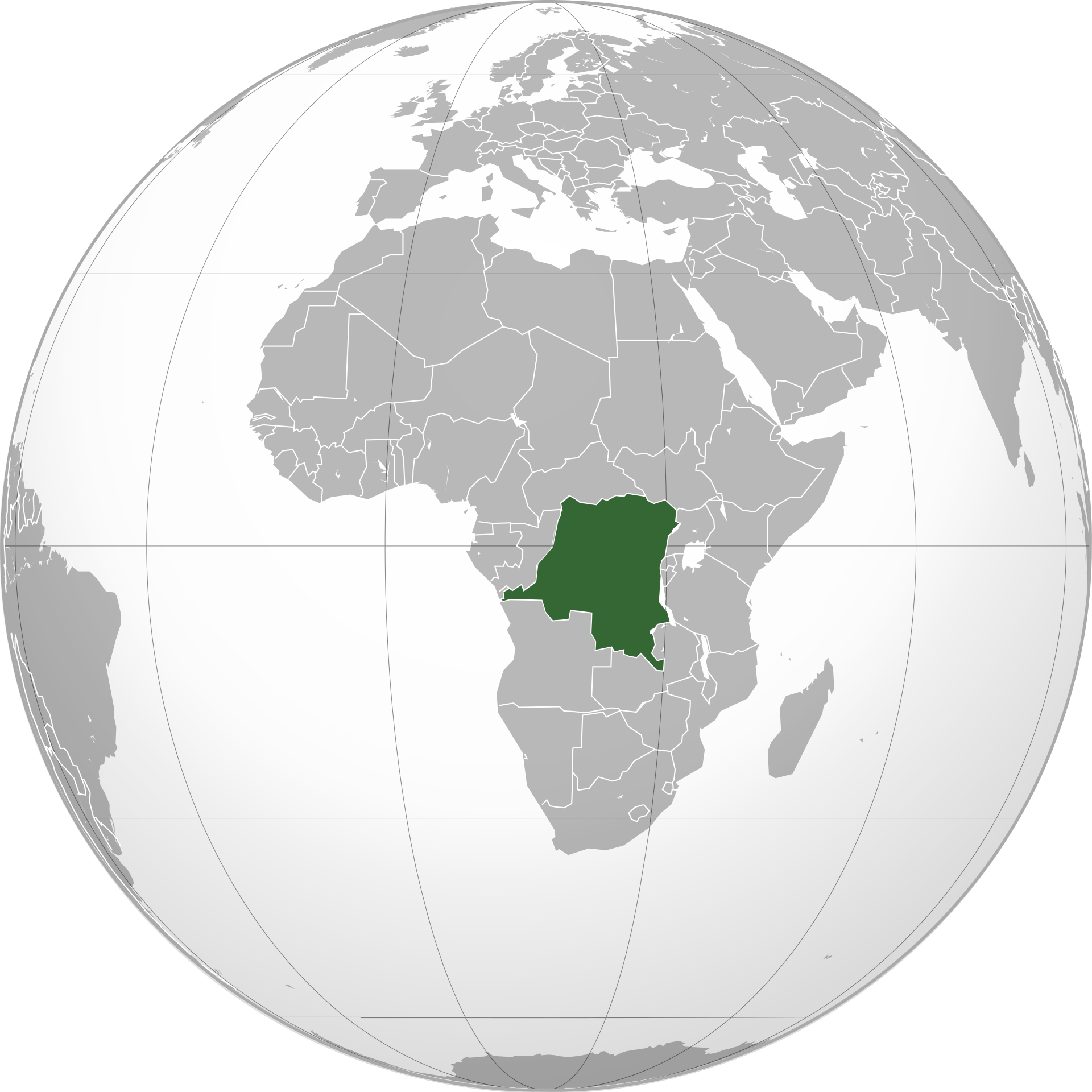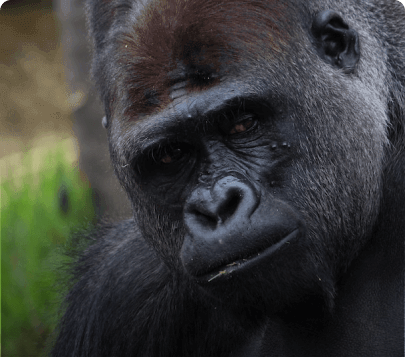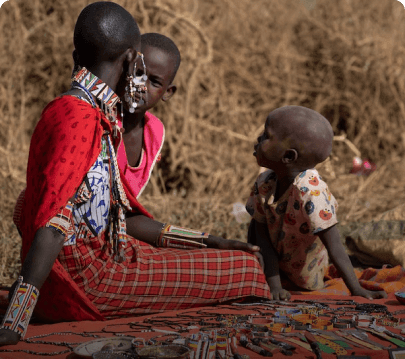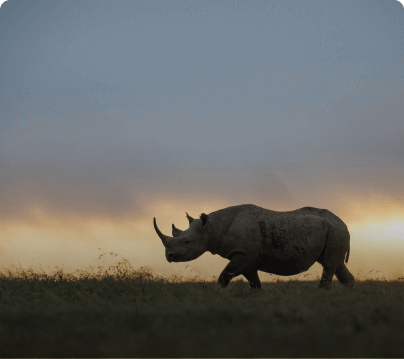
Project Objective

Project Location: Gabon & Congo
IUCN: Endangered
Target Species: Chimpanzee Pan troglodytes
Population Trend: Declining
Habitat: Forests of West and Central Africa.
Only 170,000 to 300,000 of the millions of chimpanzees that once lived in Africa’s forests remain, and many are in rescue centres. These centres do extraordinary work, saving chimpanzee orphans whose mothers have been poached or rescuing them from illegal trafficking. Veterinary work is crucial in this process.
Threats
Bushmeat
Like many other endangered species, despite regulations, chimpanzees are still consumed in many African areas. This fact is bringing chimpanzees to extinction and directly threatens human health. It is proven that Ebola and HIV origin are linked to chimpanzee meat consumption.
Loss of habitat, unregulated logging and mining.
The forests of central and west Africa are great producers of wood. Sustainable production seems possible, but it requires strict regulatory measures. Unfortunately, there is still much illegal and unregulated logging in the Congo Basin.
Climate Change
The Congo Basin is suffering the direct effects of climate change. Changes in temperature and rainfall affect the production of edible fruits and high-nutritional plants.
Current data shows the immediate effects of food deprivation on many species, including the threatened great apes and elephants.
Additionally, climate change increases the chance of EIds’ appearance and destruction.
Illegal Wildlife Trafficking
Chimps’ body parts are trafficked.
Chimps’ baby orphans are illegally trafficked.
Anthropozoonosis (Disease of human origin)
Many pathogens of human origin, including respiratory viruses, can compromise the great ape population.
Gastrointestinal bacteria, parasites of human origin and antibiotics resistance microorganisms are also a threat from great apes living in areas surrounded by humans or at rescue centres.
Emerging Infectious Diseases (EIDs)
The EIDs directly result from altering and degrading the natural habitat and bushmeat consumption. These diseases directly impact the population of great apes and humans; see Ebola, SIHV, HIV, and SARS.
Our Actions in the field
However, access to this highly specialised training is limited. Those already trained vets have limited equipment and medical supplies required for daily use and emergencies at rescues.
At the Wild Spirit Fund, we are committed to training and equipping wildlife veterinary clinics in remote areas of Africa. This action makes a difference by saving the lives of numerous protected species and improving the well-being of those who cannot return to their natural habitat, at least for now.
The aim is to urgently provide the veterinary clinic with the required essential equipment, materials and medication supplies at the renowned chimpanzee rescue centre in Congo & Gabon. In Urgent Need:
Medical equipment
We are looking for medical equipment in good condition that meets chimpanzees’ requirements.
- Oxygen & Anesthesia Machine.
- Haematology and blood biochemistry machines*
- A portable digital x-ray machine*.
- Blowpipe and darts.
Equipment Donation
Please get in touch with us to make a direct donation of material. info@wildspiritfund.org.
Funding donations should accompany second-hand equipment to cover international import/export costs.
* The characteristics of the equipment have to be adapted to local needs and considering the maintenance and local service of the machine
Impact

Clinical Equipment
Thanks to generous donations over 2021 and 2022, Wid Spirit Fund supplied the first anaesthesia monitoring machine and microscope and bought medication for urgent needs.

Vets for rescued chimpanzees
Your support ensures the life and medical attention for the current 35 chimpanzee orphans hosted and the new ones arranving.

End of Poaching & Trade
End of the chimpanzee bushmeat and trade in collaboration with local authorities.
Chimpanzees need you today.
What is the context of this project?
Founded 12 years ago as a self-funded NGO in Lubumbashi, the sanctuary houses 35 young orphans aged 5-15, resulting from the bushmeat trade and illegal exotic animal trafficking. Led by Franck and Roxane Chantereau, who work with local authorities, this initiative has already ended the trafficking of apes in the south of the DRC. The sanctuary has been a member of the Pan African Sanctuary Alliance (PASA) since 2010.
The current veterinary clinic is a modest building with a small nursery, an operating room, a pharmacy, a laboratory, a necropsy room and isolation rooms for the chimpanzees. We are privileged to have a well-trained local permanent veterinarian dedicated to the welfare and health of the chimpanzees. However, medical equipment is expensive, access to drugs and anaesthetics in the D.R.C. is limited, and the logistics of importing the correct items are not accessible.






